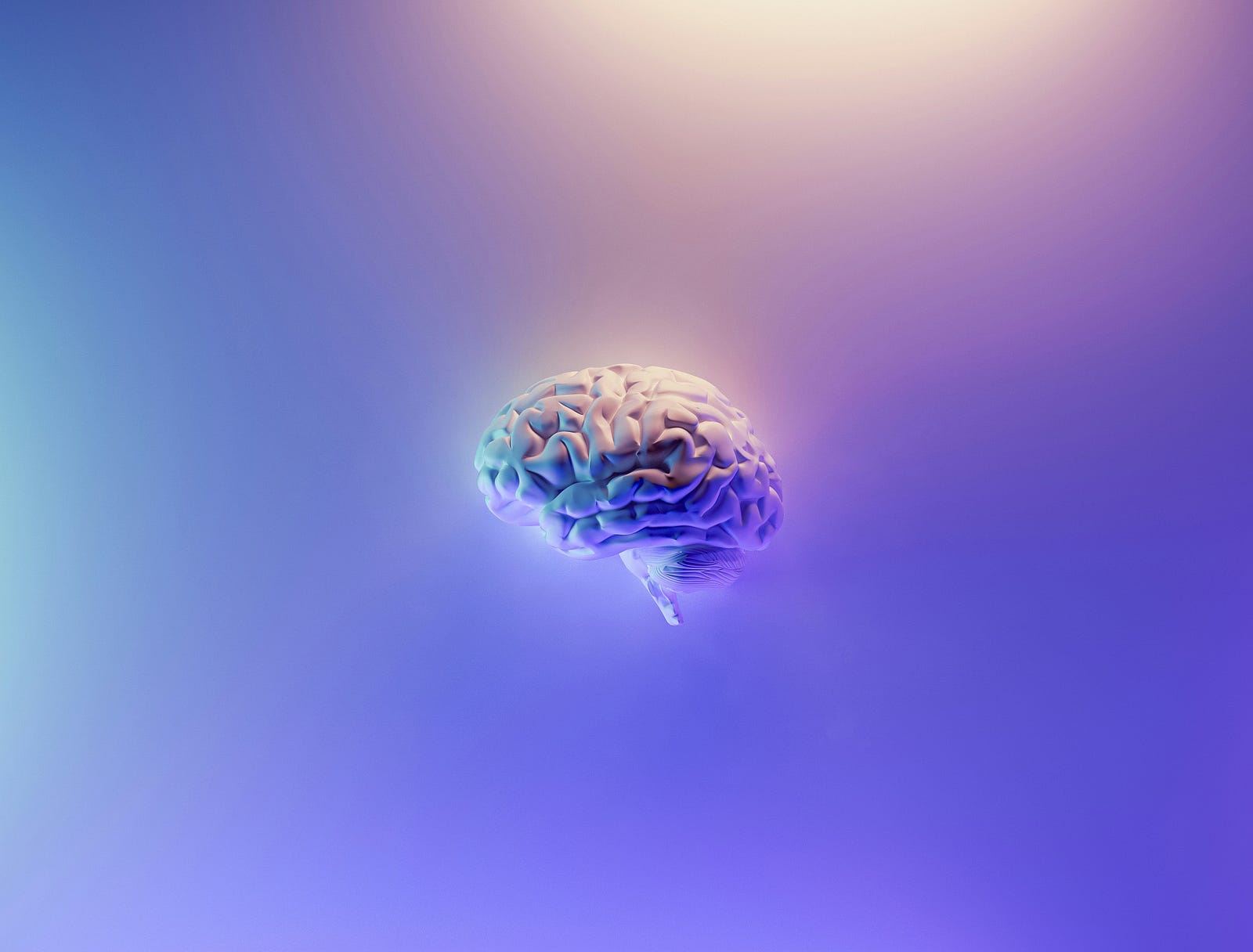Music Therapy and the Brain
Do we underuse music therapy as a tool to manage various medical conditions?
Music therapists, including my wife, have shown me the positive impact of music therapy on conditions such as depression, dementia, and more.
As a scientist, I want to understand the underlying mechanisms behind its efficacy for treatment.
Today, I offer new research illuminating the fascinating interplay between music, the brain, and subjective experience.
Music Therapy For Depression
Researchers wondered how the brain responded to music therapy for individuals with treatment-resistant depression.

They analyzed 23 volunteers ranging in age from 18 to 65.
The study focused on two key brain areas:
- the bed nucleus of the stria terminalis (BNST)
- the nucleus accumbens (NAc).
These areas are associated with our brain’s reward circuitry and emotions.
The brain’s auditory cortex takes music and activates the reward center, producing an emotional response.
Study Methods – Music Therapy and the Brain
Doctors implanted electrodes in the BNST-NAc circuit, allowing for data collection.

The researchers also collected information on brain activity using a scalp electroencephalogram (EEG).
Finally, the investigators divided the participants into two groups based on each subject’s familiarity with a particular piece of classical music.
The “familiar” group listened to a playlist regularly for two weeks and rated their preferences for specific pieces.
Findings – Music Therapy and the Brain
The participants who listened to their preferred music saw more improvement in their symptoms of depression.
Moreover, the subjects who were not familiar with the music (but enjoyed it) saw more improvement than those who did not enjoy the unfamiliar music.
Other Discoveries
I am not surprised that the effectiveness of music therapy in alleviating depression is related to subjective enjoyment.
Here are some other research findings:
- Oscillations (theta) in the brain’s auditory region mediate the antidepressant effects of music.

- The researchers also identified a triple-coupling pattern between the auditory cortex, BNST, and NAc.
- Auditory modulation can restore this triple-temporal coupling when there are deficits.
A Psychotherapist Weighs In
Noah Kass, DSW, LCSW, psychotherapist, who was not involved in the study, commented on the music therapy findings to Medical News Today:
“The findings underscore the need to tailor music selections to the individual preferences of patients if we want to see the greatest reduction in depressive symptoms. Music therapy, like many other forms of therapy, is most effective when based on a thorough assessment of what motivates the patient to achieve relief and ongoing change.”
My Take – Music Therapy and the Brain
The study is quite small, involving only 23 participants in China.
The demographics are limited, as the research only included Asian-identified subjects.
And there are cultural factors that might impact the results.
Finally, my music therapist wife has reminded me that the context of the listening experience matters.

Listening alone is not the same as listening with others. Relational dynamics matter. Live music is not the same as recorded music.
The current study used recorded music. A music therapist can modulate their approach depending on the clinical need.
The presence of a music therapist may lead to better clinical outcomes.
Thank you for reading “Music Therapy and the Brain.”




